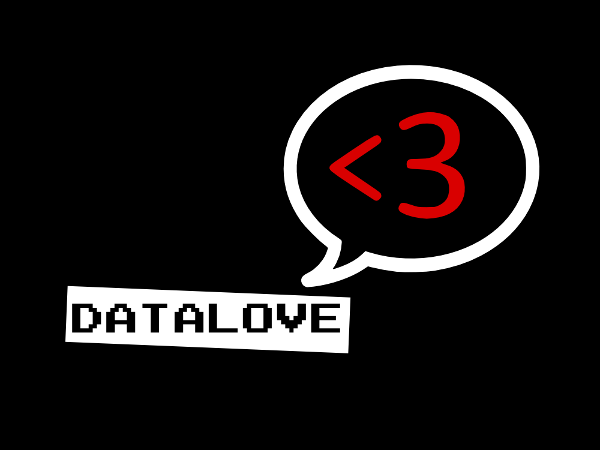I have been rewarded a Shuttleworth Foundation Flash Grant! The grant comes from the Shuttleworth Foundation as a way to help budding initiatives in favour of open knowledge at large. In my case, it is a nudge in support of RS Strategy‘s efforts to further open knowledge in the MENA region through the OpenMENA project.
A lot to unpack here! Let’s discuss each of these separately then.
Why open knowledge
When knowledge is open and accessible to anyone, good things happen. A certain economic output also occurs here: take Red Hat, a successful company built on open source software. Thus, open knowledge (science, data, software, etc.) constitutes a true paradigm shift: how do you create value from abundance?
Yet, co-creating communities are familiar with the details of legal permissions around knowledge resources. That is why such communities are also distrustful of projects which are not completely clear on this issue, closed or open. This is to say that the detail of how open is open, matters.
Open source, open access and open educational resources are a positively disruptive force on markets and have increased choice for citizens in many different ways. Be it the manner in which you access education or learn about the way your government spends your taxes, the result is that more people know about and embrace openness than ever before. […] We have the privilege of working with creative, imaginative people who implement fascinating projects by using open knowledge resources strategically to bring about social change.
As per the Shuttleworth Foundation’s words
Many people and communities are thus averse to the risk of intellectual property litigation. Hence, they will avoid re-using knowledge resources when permissions are unclear, thus neutralising the initial investments of those wishing to be truly open.
Philantropy that opens
The Shuttleworth Foundation has a special place in the world: it approaches open as a strategy for philanthropy and social change:
Philanthropic and charitable institutions seek to alleviate and solve social problems. It is private practice for public good. If we can magnify our spend by allowing others to replicate, we increase the public good we are able to achieve. The more we expose the thinking, working and practices of our organisation, our ideas and our projects, the better. Exposing this information allows other organisations, project implementers, funders, policy makers, change agents, advocates and academics to learn from what we have done.
As per the Foundation’s words
The way I see it, the free/libre and open source software movement has created both widely used software and million-dollar businesses. Where things go sideways is that, while this model is well established for software development, distribution and use, it is yet to become so for science, culture or social development. The default imposed on knowledge is automatic lock-down. This default makes no sense if your agenda is social change.
Whatcha gonna do?
What would happen if the values, processes and licences of the FOSS world were applied to areas outside of software? Could that provide key building blocks for further innovation? What are the conditions that optimise innovation for positive social change? How can openness add value to that process?
Philosophically and practically, we at RS Strategy default to open rather than to lock-down. We default to free/libre and open source software. We subscribe to the Open Definition where data or content is open if anyone is free to use, reuse and redistribute it. Doing so ensures interoperability. Yes, openness goes beyond the licence. It includes being open to collaboration and contributions from outside the immediate reference group.
Thus, the Foundation’s Flash Grant is a nudge that encourages us to move forward and:
- Continue promoting policies on openness: There may be good reasons to keep particular resources closed. The best way to find out is to have a policy that all resources shall be open unless and until someone gives a compelling reason not to.
- Change the default setting: Promote applying an open licence on resources. It is necessary to take active steps to open a resource by using either a public domain dedication or open copyright licence. To be open, a knowledge resource must meet the minimum criterion of being legally open for copying, remixing and redistribution. The commonly used dedications and licences are created specifically so that you do not need to be a lawyer to use them effectively.
- Encourage modularity: Design resources to be autonomous enough to enable others to reuse, adapt and customise them more easily.
- Use open formats: Open is about permission and enabling action. The use of open formats and adherence to open standards enriches the available knowledge to reuse and build upon.

